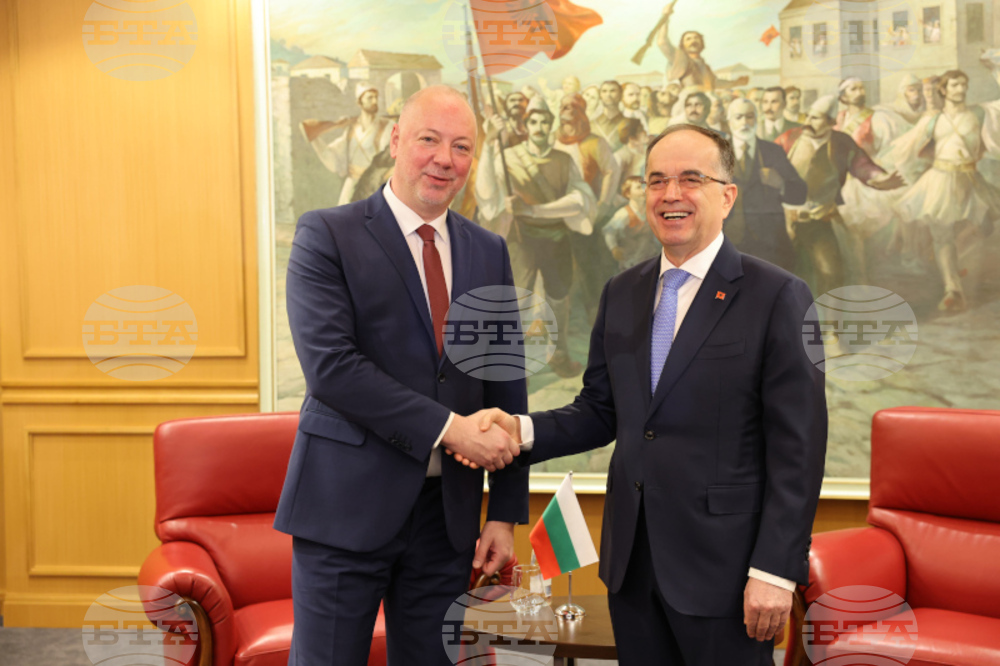site.btaSofia Steadily Backs Tirana's EU Accession, National Assembly Chair Tells Albanian President


On Monday, the second day of his two-day official visit to Albania, Bulgarian National Assembly Chair Rosen Zhelyazkov conferred with Albanian President Bajram Begaj.
/LG/
news.modal.header
news.modal.text